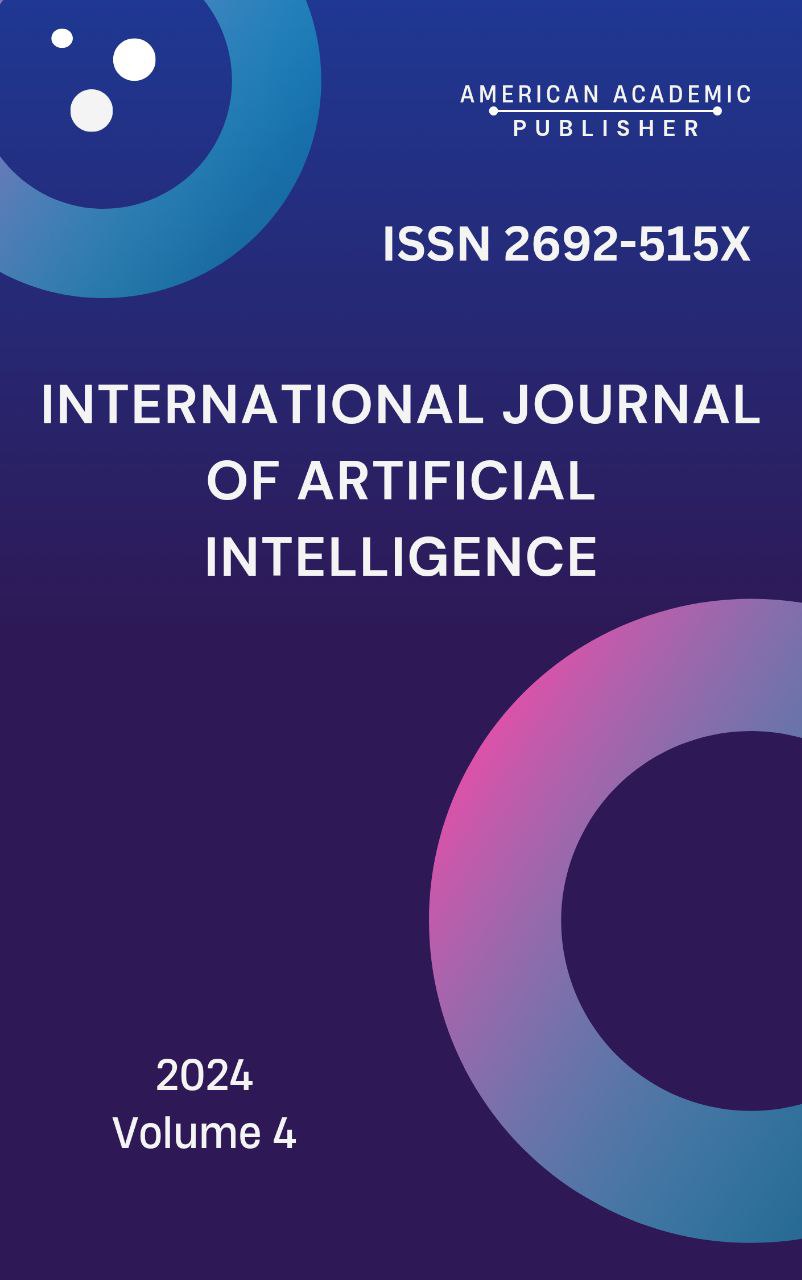 Articles
| Open Access |
Articles
| Open Access | INQUIRY-BASED LEARNING: AN EFFECTIVE APPROACH TO MODERN EDUCATION
Nafosat Xusanova , ISFT teacherAbstract
Inquiry-Based Learning (IBL) is an educational approach that shifts the focus from traditional teacher-centered instruction to a student-driven learning process. This method encourages curiosity, exploration, and active participation, making learning more engaging and meaningful. IBL has been widely recognized for improving students' critical thinking skills, motivation, and problem-solving abilities. This article explores the principles of IBL, its benefits, challenges, and its role in shaping modern education.
Keywords
Inquiry-Based Learning, interactive learning, critical thinking, motivation, problem-solving, student-centered learning.
References
Bell, R. L., Smetana, L., & Binns, I. (2005). Simplifying Inquiry Instruction: Assessing the Inquiry Level of Classroom Activities. Science Teacher, 72(7), 30-33.
Dewey, J. (1938). Experience and Education. Macmillan.
Hmelo-Silver, C. E., Duncan, R. G., & Chinn, C. A. (2007). Scaffolding and Achievement in Problem-Based and Inquiry Learning: A Response to Kirschner, Sweller, and Clark (2006). Educational Psychologist, 42(2), 99-107.
National Research Council. (2000). Inquiry and the National Science Education Standards: A Guide for Teaching and Learning. National Academies Press.
Article Statistics
Downloads
Copyright License

This work is licensed under a Creative Commons Attribution 4.0 International License.

